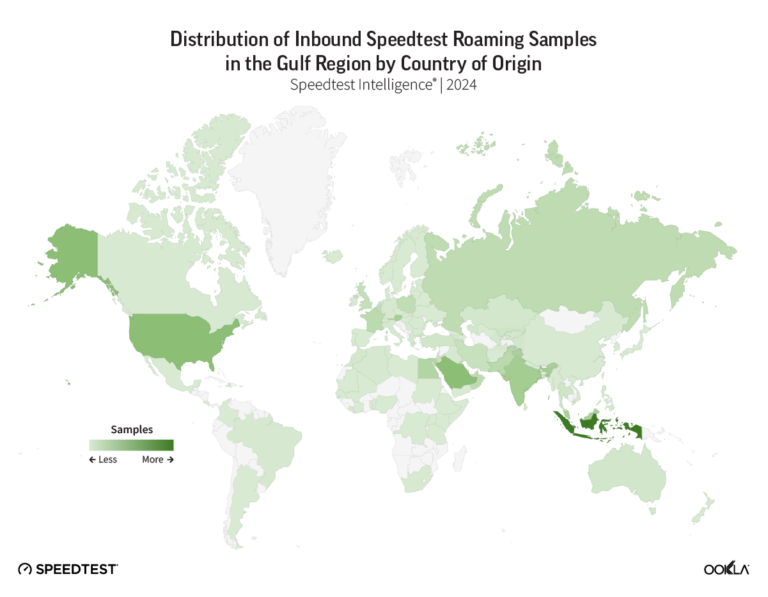- 66% of the financial services organisations are turning towards Cloud for growth and innovation
- According to PwC’s Cloud Business Survey, 78% of executives responding, globally, said that their companies had adopted cloud in most or all parts of the business
- According to the Global Annual CEO Survey, 74% of Middle East CEOs said they expect to invest in reskilling their workforce
Dubai, UAE – 22 March 2023: With the region’s continuous digital transformation, businesses need to rely on agility and scalability to sustain competitive advantage.PwC’s latest Cloud Business Survey explores cloud computing as a catalyst for transformation and innovation in financial services, as more business executives are adopting cloud services. The survey further highlights the various benefits and gains demonstrated in markets where Cloud services have been utilised and regulations’ active role in supporting the use of Cloud.
According to the survey, 66% of the financial services organisations are turning towards Cloud for growth and innovation. This shift towards Cloud comes to benefit the growing variety of built-in features and services that support data lakes, related analytics and AI capabilities and reduce the foundational technical and operational complexity within organisations. With the increase of cloud services in the GCC region, the demand has been growing steadily among financial services organisations, making it a key point of discussion in the transformation agenda.
In PwC’s latest Global Annual CEO survey, the results showed that 66% of the Middle East CEOs said they expect to deploy cloud technology, artificial intelligence, and other advanced technology in operations. Improving workforce skills is a critical component of this digital transformation, with 74% of Middle East CEOs said they expect to invest in reskilling their workforce. The survey also finds that enterprises have realised the cloud’s full potential, becoming more cloud-powered to enable reinventing their businesses.
Commenting on the survey’s results, Julien Chenelat, Financial Services Digital Partner, PwC Middle East, said: “Cloud transformation is a continued journey, not just a milestone. Organisations need to embrace the shift to Cloud services, replacing the rigidity of legacy systems and infrastructure, with modern abstracted on-demand environments and services. This will provide organisations with a competitive edge for agility and scalability. At PwC Middle East, we help businesses reimagine the way they work with our cloud-powered solutions to build trust and deliver sustained outcomes.”
The PwC study also highlights a holistic approach to cloud transformation, with four key things that cloud-successful businesses are doing that puts them ahead of the game, in an effort to help more companies catch up:
- Bespoke multi-cloud strategy
- Redefine Operating Model
- Technology Migration
- Define Success Metrics
While regulations are continuously evolving and more providers emerge in the market, moving to cloud services is becoming a reality. Experts believe that even without a public cloud solution, a private cloud strategy can kickstart the journey and support modernisation and readiness of the market for a move towards a public cloud service. However, many challenges such as navigating the regulatory landscape, talent, managing cost and lack of planning, will require careful consideration. Growing businesses in today’s disrupted and ever-changing world can be challenging. Consumers are demanding faster, more personalised user experiences. Business processes that once were cumbersome can now be automated. Operational efficiency has become paramount. PwC Middle East has developed strong alliances with a number of leading technology firms offering a new value equation; one that is built on collaboration, innovation and strong alliances that bring future technologies to solve the most pressing business issues. These new set of efforts reinforces PwC’s continuous investment to enhance the firm’s technology offering and digital capabilities in conjunction with its purpose towards accelerating the region’s digital transformation.






























+ There are no comments
Add yours